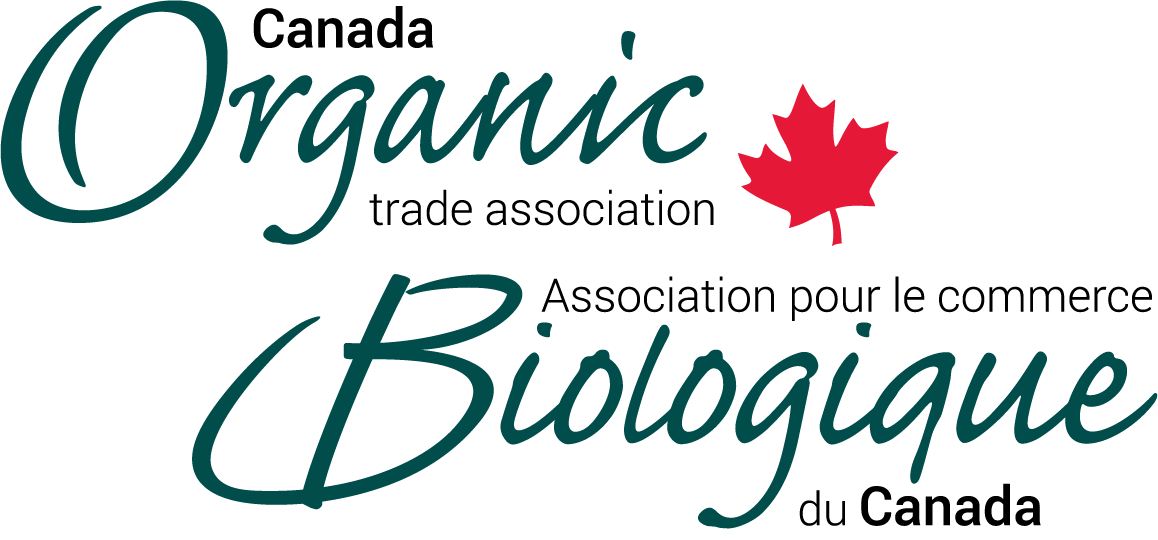Equivalency in organic regulatory systems can achieve:
Expanded market access for producers and manufacturers
Establishing organic equivalency of Canadian and NOP/ EU regulations and standards is a means to ensure greater access to the neighboring market for domestic producers and processors, and a mitigation of new non-tariff trade barriers to importers with a reduction in unnecessary technical barriers for all.
Market growth and consistent supply
Equivalency enables a more consistent supply of organic goods, as it spans various growing conditions and seasons, as well as manufacturing bases. By ensuring consistent supply and introducing a diversity of product availability, the organic market becomes more appealing to consumers and continues to grow.
A solution to current inefficiencies and bureaucracies
FAO, IFOAM, and UNCTAD agree that equivalence between country-regulated organic programs offers a solution to the current problems of trade impediments, redundancy and inefficiencies among global organic regulations, standards and management systems.
Organic equivalency benefits:
Domestic producers
Domestic producers will benefit from simplified and streamlined certification (where they once had to pay for multiple certifications or ran parallel systems on their farms). Domestic producers will also enjoy the benefits of the overall growth in the organic market, which attracts more consumers and enhances continuity in the supply of organic products on store shelves.
Consumers
Consumers will benefit as they have access to a more affordable range of organic products, increased quantities and product diversity. Consumers will continue to have confidence in the organic integrity and government oversight of the products they buy.
Manufacturers
Manufacturers will benefit from a strengthened supply of ingredients and reductions in following now-obsolete segregation production systems (i.e. multiple production lines meeting different standards).
The domestic market
The domestic market will grow based on a facilitated supply and demand chain, and reduced regulatory inefficiencies/redundancies which will benefit producers, manufacturers, consumers and retailers. Even though equivalency opens the domestic market to imports, a competitive advantage is maintained over imported products via the increase in “product of” and “local” purchasing decisions.
For more information, view the Canadian Food Inspection Agency's guidance document on Organic Equivalency Arrangements.

